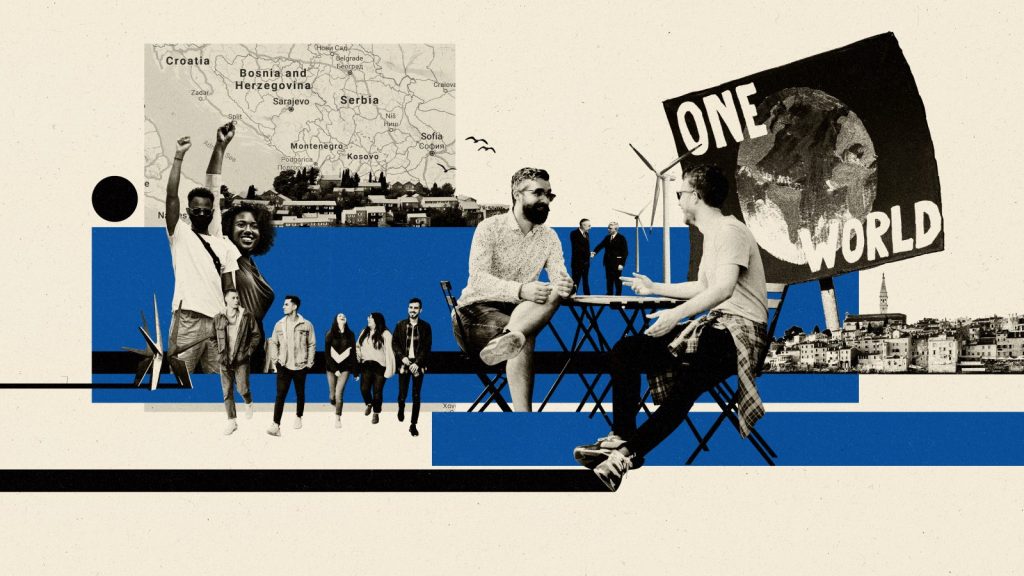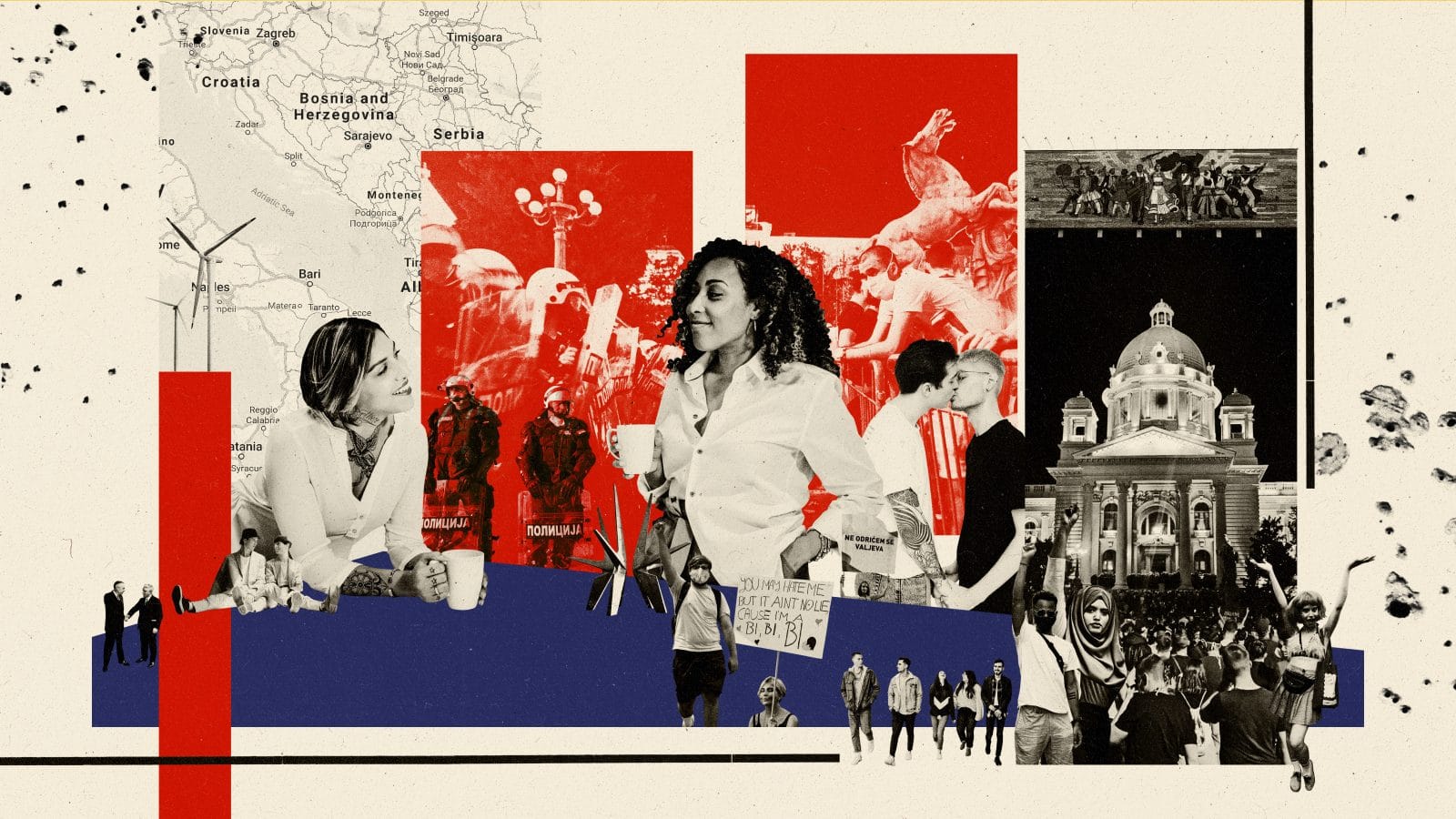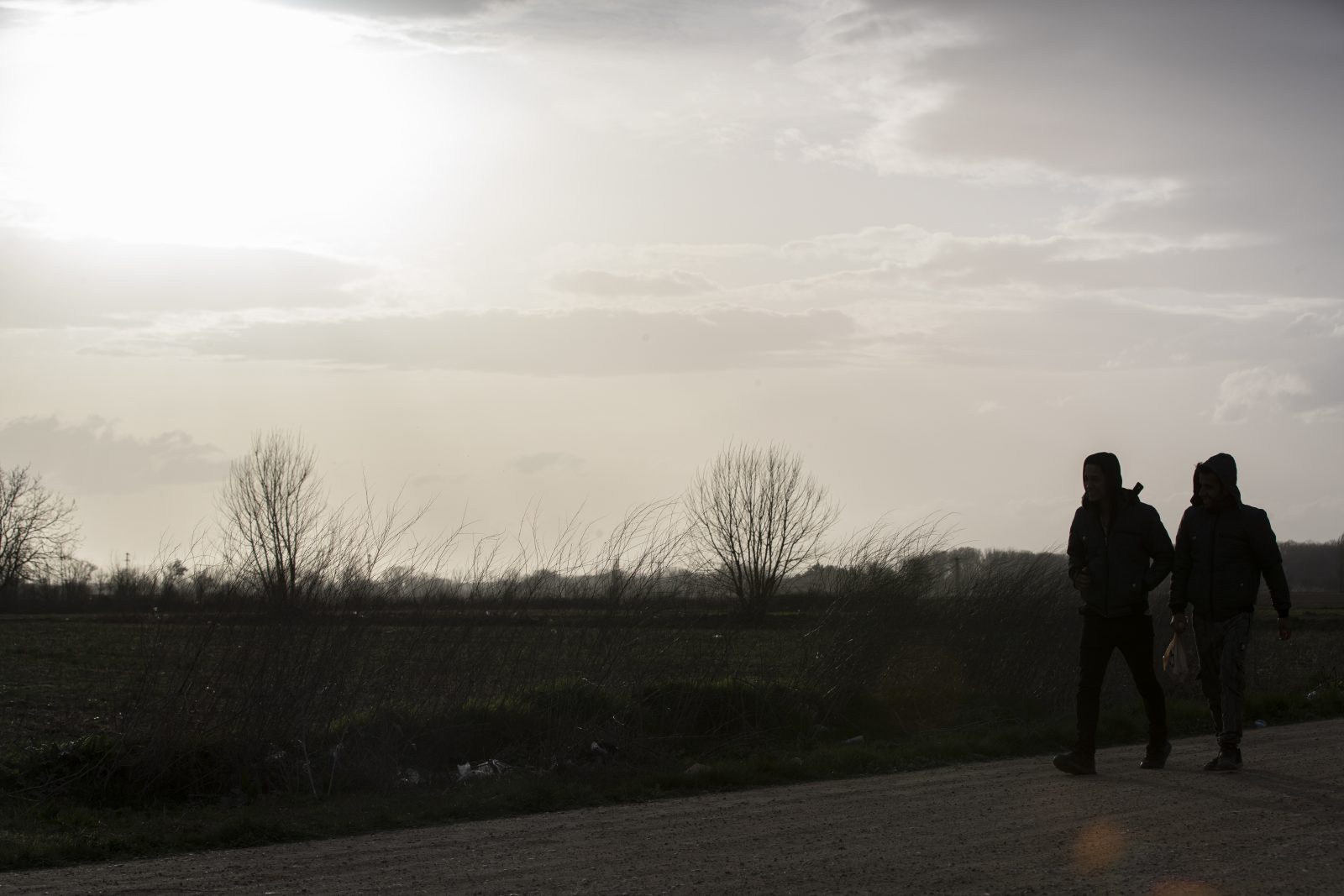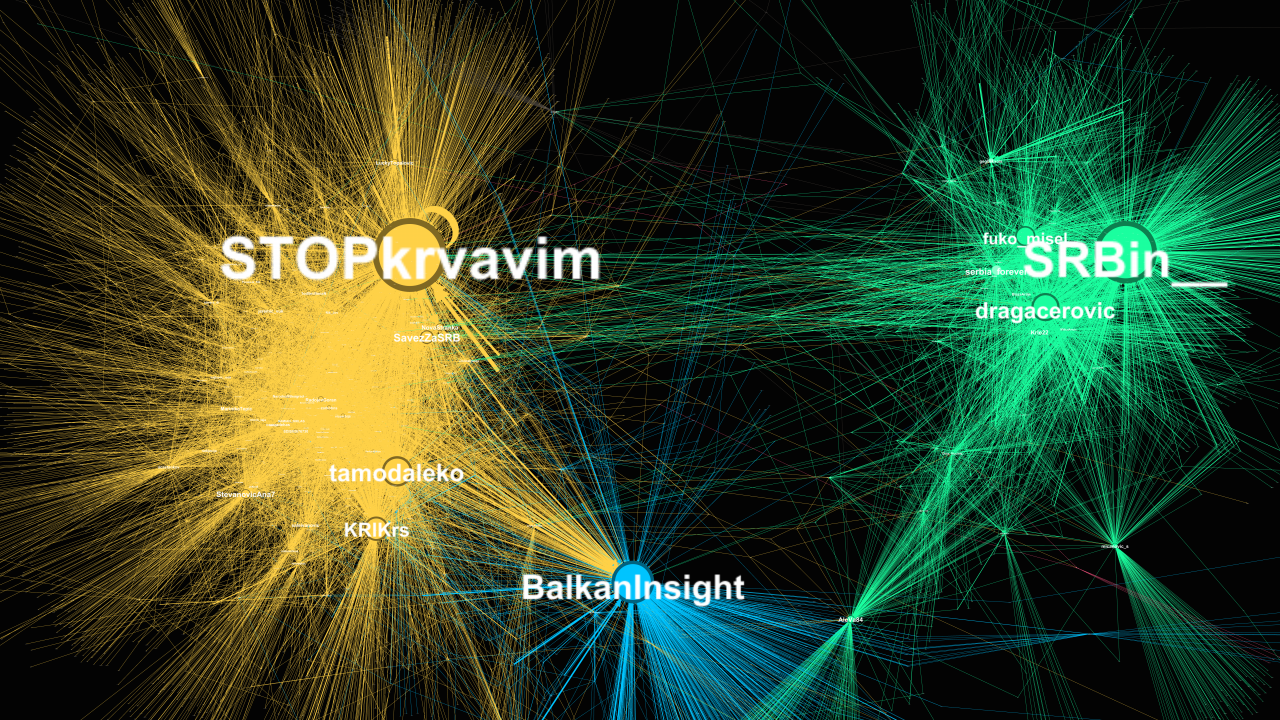Together with our partners, BIRN is launching a series of online and offline events aimed to amplify the voices of strong and credible individuals and organisations in the region that promote the core values of democracy, such as civic engagement, independent institutions, transparency and rule of law.
As a primarily media organisation, we want to open space and provide a platform to discuss and reshape our alliances in light of the challenges facing democracies in South-East and Central Europe.
This effort comes at a critical time when the region is seeing several troubling trends: centralized power, reduced transparency, assaults on media, politicized judiciaries, unchecked corruption, online violations and social polarization – all amidst heightened geopolitical tensions and deep divisions in Europe.
Due to the ongoing pandemic, Platform B event series will be organised in accordance with all relevant health measures. As the situation improves, we hope to be able to host some of the events in BIRN spaces in Sarajevo and Belgrade, and elsewhere in the region.
The Platform B will be an opportunity for individuals and groups to meet monthly on selected topics.

Opening event: Digital Rights Falter Amid Political and Social Unrest: What Now?
Date: 1 July, 2021 (Thursday)
Time: 15.00, CET
At this event, BIRN and SHARE Foundation will discuss its annual digital rights report,together with other members of the newly established SEE Network, talking about the key trends concerning the digital ecosystem.
We monitored digital rights in Bosnia and Herzegovina, Croatia, Hungary, North Macedonia, Romania and Serbia and collected more than 1500 cases of online violations.
In Southern and Eastern Europe, where online disinformation campaigns are endangering guaranteed individual freedoms, and while the decline in internet safety has become a worrying trend, citizens with poor media and digital illiteracy have been left without viable protection mechanisms.
The event participants will have an opportunity to discuss and hear reflections from representatives of: EDRi, Zasto ne?, Citizen D, Homo Digitalis, SCiDEV, Partners Serbia, Metamorphosis, Atina NGO, Media Development Center.
More information and registration
Second event: Freedom of Information in the Balkans: Classified, Rejected, Delayed
Date: July 15, 2021 (Thursday)
Time: 14.00, CET
The global pandemic has been used as an excuse for many Balkan states to not fully implement freedom of information laws, leaving the public in the dark.
Transparency has been another victim of the COVID-19 pandemic.
While on paper, freedom of information laws are up-to-date in almost all countries in the region, implementation is patchy at best and has grown worse since governments clamped down on the flow of information with the onset of the coronavirus.
Together with journalists, public information officers and colleagues from Open Government Partnership we will reflect on the findings of BIRN’s tracking institutional transparency report and offer recommendations on how to make our institutions open and accountable.
Registration form will be available here soon.
Events in August and in the fall will focus on investigative journalism and gender justice.


















